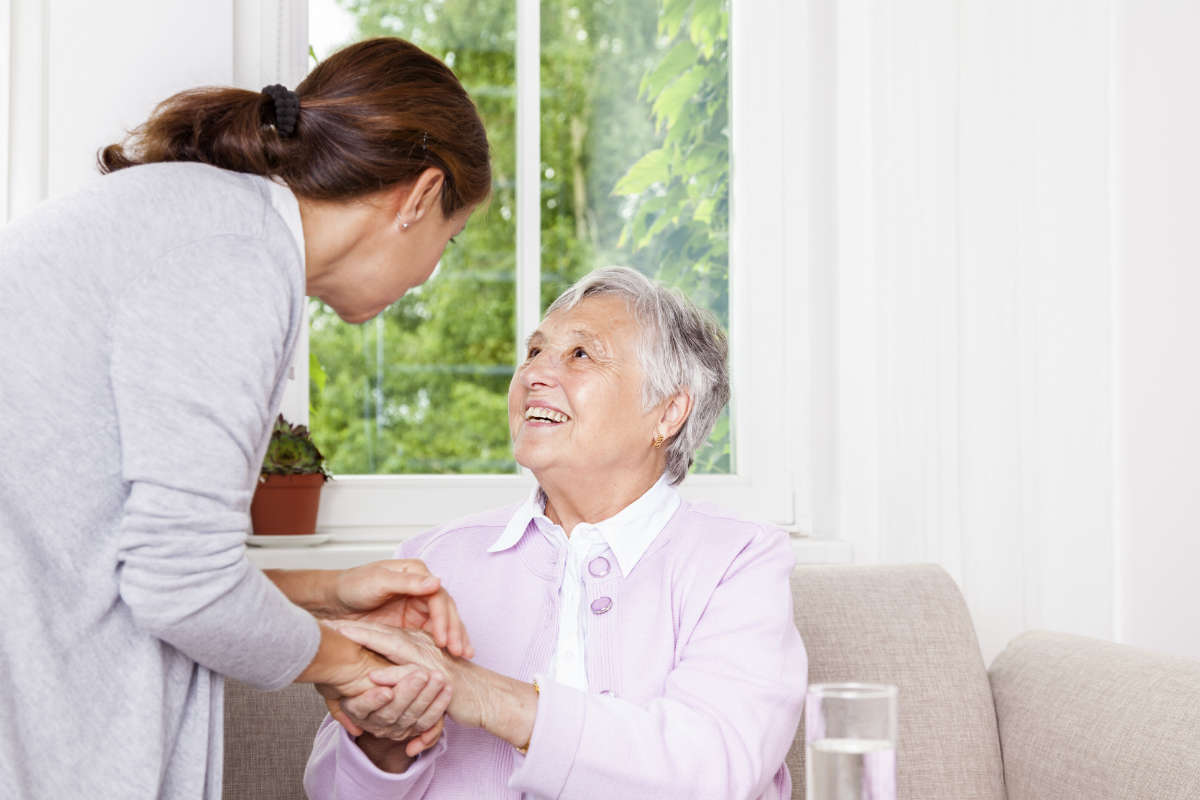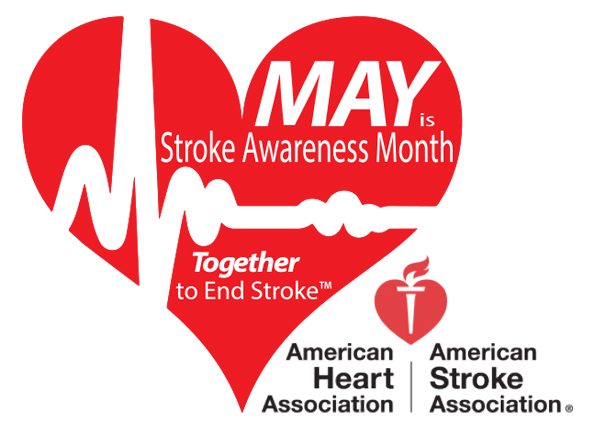June is Alzheimer’s and Brain Awareness Month, it is important to educate our readers and clients on Alzheimer’s disease and how to spot and cope with degenerative brain conditions. Whether someone close to you is already affected or you just want to learn more about the condition, read on for some information and advice about Alzheimer’s.
What is Alzheimer’s disease?
Alzheimer’s disease is a degenerative brain disease that is related to dementia. It breaks down connections in the brain between nerve cells, leading to symptoms such as memory loss, difficulty making simple decisions, speech problems, and general confusion. These symptoms worsen over time as more and more brain tissue is lost as a result of the disease.
Warning signs of Alzheimer’s
While Alzheimer’s cannot be cured, its progression can be slowed down and symptoms can be improved. This is more effective is the disease is caught early. With this in mind, here are some warning signs and symptoms you should look out for:
-
Personality changes
– Alzheimer’s alters the brain, which can manifest itself in changes to the patient’s personality. Sufferers may become more suspicious, hostile, irritable, and even aggressive. Unusual moods and behavior can be a warning sign, and depression and anxiety are common side effects.
-
Forgetfulness
– We all get a little more forgetful as we age, but if you notice a sudden change in a person’s memory and overall mental capacities, it could be a warning sign. Asking the same questions over and over or forgetting the names of people or objects they are familiar with are things to look out for.
-
Frequent falling
– Alzheimer’s can lead to problems with balance and spatial awareness, so sufferers of the condition are likely to trip or fall more often. This could also affect their ability to drive safely.
-
Isolating themselves
– The changes they are going through may cause sufferers of Alzheimer’s to withdraw themselves from activities and situations they normally enjoy.
How to cope if a family member has Alzheimer’s
Alzheimer’s disease is not only difficult for the person diagnosed with it, but also for those close to that person. If a friend or family member develops Alzheimer’s, the best thing you can do is to be there for them and remain patient with them. You may find them more difficult to talk to as they find it harder to remember details and keep up with conversations, but it is important to still involve them so that they don’t feel too left out.
We also have a blog full of tips on how to look after yourself while providing care for your family members. If you need help with in-home caregiving in North Carolina’s Piedmont Triad, then contact us today.





